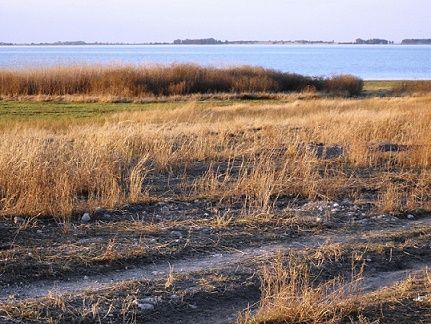The government last week teamed up with Radikale, Enhedslisten and Alternativet to present ten new national nature parks.
Last year the government unveiled five new national nature reserves and, along with the additional ten, the 15 will contribute some 25,000 hectares of nature across the country.
“For decades we have talked about everything that has vanished from our nature,” said the environment minister, Lea Wermelin.
“Today we can start talking about all the species that will multiply. And that’s not just good for nature, but it will also provide us with fantastic nature experiences.”
READ ALSO: New national parks on the way in Denmark
The price for nature to flourish
The funds for establishing the national nature parks stems from the Nature and Biodiversity Package signed back in late 2020.
Five million kroner has already been allocated to outdoor recreation in each park, which can help support nature experiences.
It has also been decided to earmark an additional 15.9 million kroner to establish outdoor facilities, as well as the purchase of nearby land. All the parks are located on state-owned lands.
The ten new parks will be:
Læsø Klitplantage (Læsø Municipality)
Hanstholm in Thy (Thisted Municipality)
Husby Klitplantage in west-Jutland (Holstebro Municipality)
Kompedal Plantage in mid-Jutland (Silkeborg Municipality)
Mols Bjerge in Djursland (Syddjurs Municipality)
Nørlund Plantage and Harrild Hede in mid-Jutland (Ikast-Brande Municipality and Herning Municipality)
Draved Skov and Kongens Mose in south-Jutland (Tønder Municipality)
Hellebæk Skov and Teglstrup Hegn in north-Zealand (Helsingør Municipality)
Bidstrupskovene in mid-Zealand (Lejre Municipality)
Ulvshale Skov on Møn (Vordingborg Municipality)















